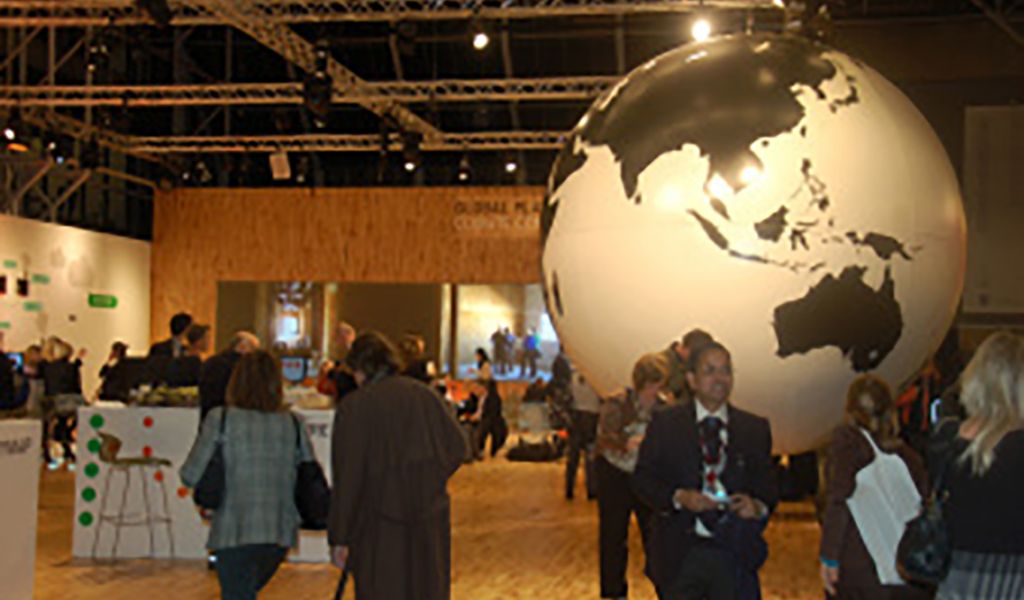Holes in the Draft

Another Danish text? Yes, but this time its official. On the fifth day of negotiations, a first stab at a comprehensive draft agreement was released. But there are several gaping holes. With COP15 about to enter a sixth day of negotiations, several fundamental points are unresolved.
Who holds the purse strings for climate change funds? Few issues are more crucial to the efficient and transparent operation of a post-2012 regime. With adaptation costs for each developing country likely to run to billions of dollars each year, a trusted, independent disbursement mechanism is essential. The latest draft paper from the Finance sub-group implies that the Global Environment Facility (GEF) should continue to be the main operating entity of the UNFCCC’s financial mechanism. However, over 15 years in this role, as this recent report from the World Resources Institute (WRI) shows, the GEF has had a disappointing record. It has been painfully slow to release the necessary finances for fast-track action and is, in practice, unaccountable to developing countries. It has failed to win the confidence of parties to the UNFCCC and must be drastically reformed or replaced under a new regime.
EU leaders meeting in Brussels have hit on a figure of $10 billion per year for the next three years as a necessary sum for early action on adaptation, and have gone some way to pledging sums to meet this figure. However, most seasoned watchers of the UNFCCC process (see this commentary by George Soros) consider this to be substantially less than the sums necessary to meet developing countries’ needs and likely to cause further conflict, rather than progress, in Copenhagen.
Discussions on many issues, including REDD, have been slowed as attention shifts to the crucial question of the calculation of reference emission levels. EU countries are in disagreement. Some members proposed scrapping 1990 as the base year for calculating commitments. The rapid deindustrialization of former Soviet bloc countries has resulted in floods of cheap, surplus credits, or Russian hot air, which threaten to make achievements under Kyoto’s first commitment period meaningless if they are used to meet emission reduction targets by 2012.
Discussions on a REDD text were still progressing on Friday. Mostly behind closed doors, I’m afraid. I’ve been trying to grab elbows of some key negotiators as they sweep fleetingly past in a haze of papers, texting furiously. Tony La Vina, the chair of the REDD sub-group, and Ibu Nur Masripatin, Indonesia’s chief REDD negotiator, expected a text to be finalized last night. I’m heading off now to see if their confidence was justified.

